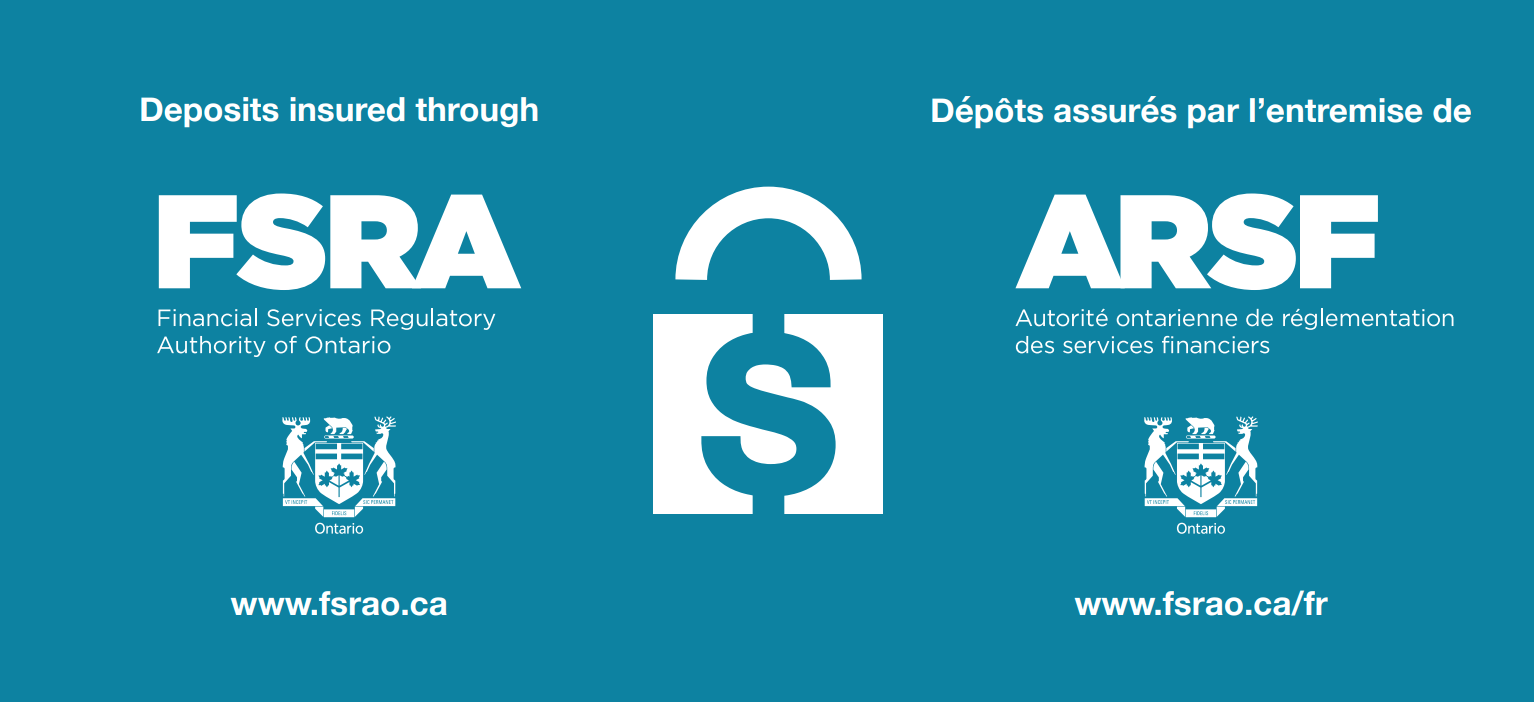Student loan financial aid scams involve fraudsters posing as debt relief companies that claim they can reduce or eliminate your student loan debt. They often target borrowers through email, text messages, or phone calls, offering quick solutions that seem too good to be true.
These fraudsters frequently use high-pressure tactics to push you into making hasty decisions, claiming limited time offers or invoking "new laws" that will end their services soon.
Think before you trust – verify before you act! If you suspect fraud, report it immediately.
How to spot the scam
- Unsolicited offers: Be cautious if you receive unsolicited emails, texts, or calls from companies claiming to help with your student loans.
- Urgency tactics: Fraudsters often create a false sense of urgency, claiming that new laws are in place or that government programs will soon end. If you are pressured to act immediately, this is a major red flag.
- Unverifiable information: They might reference vague "new laws" or "exclusive" programs that seem too complex to verify. Always cross-check this information on official government websites.
- Upfront fees: Legitimate student loan servicers will never ask for payment upfront to negotiate loan reductions or forgiveness.
- Threats of arrest or legal action: Scammers might claim you will be arrested if you don’t act now. This is a classic scare tactic. Legitimate services will never threaten you. Always verify with your loan servicer before taking action.
How to protect yourself
- Verify the legitimacy: Only communicate with your loan servicer directly via their official phone number or website. Government-affiliated services such National Student Loans Service Centre (NSLSC) can be trusted for guidance.
- Do not give out personal info: Never share personal details like your Social Insurance Number (SIN), bank account, or credit card information unless you're sure the company is legitimate.
- Hang up if you're unsure: If you get a call or message from an unfamiliar company claiming to offer loan relief, hang up. Call your loan servicer directly to confirm whether the offer is real.
- Report suspicious activity: If you suspect you've been targeted, report the scam to the Canadian Anti-Fraud Centre or your student loan servicer.
- Take action: Stay vigilant and always take the time to research before taking action.





